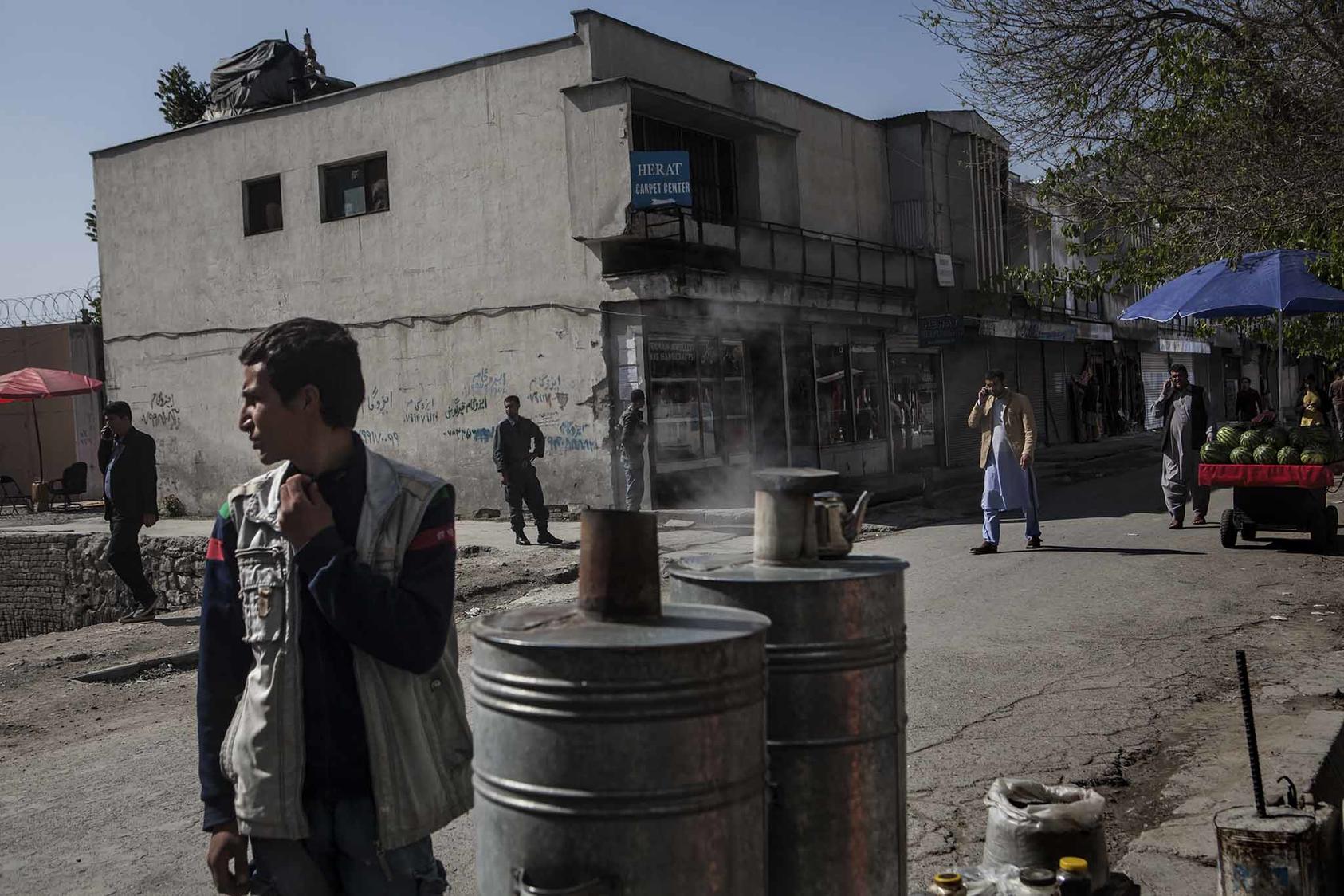ISIS Attack on Afghan Voting Center Aims to Sow Ethnic Division
Will security concerns lead to a delay of October elections?
In Afghanistan, the Islamic State has claimed responsibility for a suicide bombing at a Kabul voting center that killed at least 60 people, including 22 women and eight children. More than 130 people were wounded, and Afghan police say many of the victims were waiting in line outside the center attempting to receive national identity cards in order to vote. Parliamentary elections are scheduled for October, but could be derailed by continued violence, low voter registration, and a lack of confidence in the electoral process.

Scott Worden is USIP’s director of Afghanistan and Central Asia Programs. He’s a former senior official with Office of Afghanistan and Pakistan Affairs at the U.S. Agency for International Development (USAID) and was a commissioner on Afghanistan’s Electoral Complaints Commission during the 2009 presidential election. Worden examines the impact of this latest attack for Afghanistan’s electoral process.
What does this latest attack mean for the fate of the October election?
This horrific attack on a voter registration center, combined with smaller attacks we’ve seen on the registration process in other parts of Afghanistan, will significantly reduce turnout unless the security vulnerabilities are addressed.
Voter registration was already lower than expected in the first phase of the process that focuses on provincial capitals. Security risks will be even greater when the elections process moves to district centers and rural areas over the next six weeks.
Not all people who register will actually vote. If the threat of violence reduces registration totals below the seven million people who voted in the last election it raises big questions about the legitimacy of the process. If too few people participate in an election the public won’t feel legitimately represented by the new government.
Do you think the Afghan government should delay the elections?
In Afghanistan there’s a tradeoff between time, quality, and participation in elections. In this case, election authorities would be wise to allow more time to coordinate security, voter outreach, and registration.
Afghans are not only registering for parliamentary elections scheduled for October of this year, but also presidential elections that are required by the constitution in April of next year. The presidential elections are much more important and it’s critical for the country’s future that they are perceived as credible. Therefore, the Independent Election Commission should take the time to get voter registration right even if it causes parliamentary elections to be further delayed.
Is it surprising that ISIS, rather than the Taliban, claimed responsiblity for this attack?
No, this bombing took place in an area that has a large population of the Hazara ethnic group, which are Shia Muslims. ISIS has committed several other massacres of Hazaras over the past two years and this fits a pattern of sectarian atrocities by ISIS.
ISIS is intent on using violence to break open ethnic fractures that divide Afghan society. Their target, a voter registration center, underscores the link between ethnic violence and the political process. This attack will likely further increase ethnic tensions around the elections. In response, the election process must be seen as transparent and fair.



